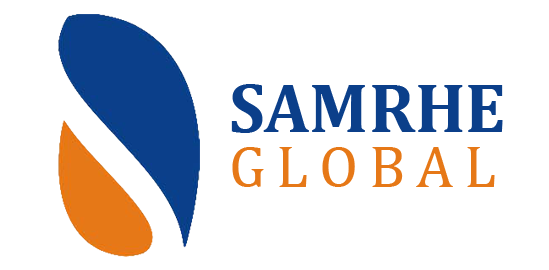For many Nigerians, Europe remains one of the most desired destinations for travel, study, and work. From the romantic streets of Paris to the historical charm of Rome, the Schengen Area offers countless opportunities and experiences. But before you book your flight or start your visa application, there’s something crucial you need to know. Immigration rules have changed, and 2025 brings a new wave of requirements you can’t afford to ignore.
Let’s break it down simply so you know exactly what to expect when planning your trip to Europe this year.
What Is the Schengen Area?
The Schengen Area is a zone of 29 European countries that have abolished passport and border controls at their mutual borders. This means you can travel freely between member countries without going through border checks as long as you enter legally.
For Nigerians, visiting any Schengen country requires a Schengen visa, typically short-stay (Type C), valid for up to 90 days within a 180-day period.
What’s New in 2025?
As of early 2025, there are three major changes Nigerians should be aware of before applying for a Schengen visa or traveling to Europe.
1. ETIAS Is Now Required
The European Travel Information and Authorisation System (ETIAS) is finally going live this year. While ETIAS was initially delayed, it has now been made mandatory for visa-free travelers.
Important for Nigerians: If you are traveling with a Nigerian passport, ETIAS may not apply directly to you (as we still require visas), but if you hold dual citizenship with any country that previously didn’t require a Schengen visa, you’ll now need to apply for ETIAS before your trip.
2. Stricter Rules on Financial Proof
Schengen embassies now place greater emphasis on financial stability. Many Nigerian applicants have been refused visas in the past for vague or insufficient proof of funds.
In 2025, clear documentation of income is required. That includes:
- Recent bank statements covering 3 to 6 months
- Evidence of consistent salary or business income
- Proof of accommodation bookings and return flight
If you have a sponsor, you’ll need a notarized sponsorship letter, the sponsor’s ID, employment details, and their own bank statements.
3. Digital Application System Is Now Active
The Schengen Visa application process is gradually shifting to a centralized digital platform. Applicants can fill out and submit their forms online, then book their biometrics appointment.
The process is more efficient but less forgiving. Mistakes on the form may automatically result in rejection, so triple-check all information before submission.
Countries With Tighter Restrictions
Although the Schengen rules are unified, some countries like Germany, the Netherlands, and France have become more strict with Nigerian applicants due to a high rate of overstays or false documents.
Tips to keep in mind:
- Always provide authentic documentation
- Avoid last-minute applications. Apply at least 4 to 6 weeks before your intended travel date
- Show strong ties to Nigeria such as employment, education, or family commitments
What Hasn’t Changed?
Despite these updates, some rules remain the same.
You still need travel insurance covering at least €30,000 for medical emergencies
You must apply at the embassy or visa center of the country you’re spending the most time in
A cover letter explaining your travel purpose is still required and taken seriously
Final Tips Before You Travel
- Before packing your bags, make sure to:
- Double-check visa requirements for your destination country
- Ensure your passport is valid for at least 6 months
- Print all necessary documents including hotel confirmation and invitation letters
- Prepare for immigration interviews at both the embassy and port of entry
Immigration rules for Nigerians traveling to Europe under the Schengen system have changed in key areas such as financial proof, digital application, and post-COVID screening. With more scrutiny and smarter systems in place, the margin for error is much smaller in 2025.
However, if you stay informed, submit honest documents, and prepare in advance, there’s no reason you can’t enjoy that European adventure you’ve been dreaming about.
Bon voyage!
